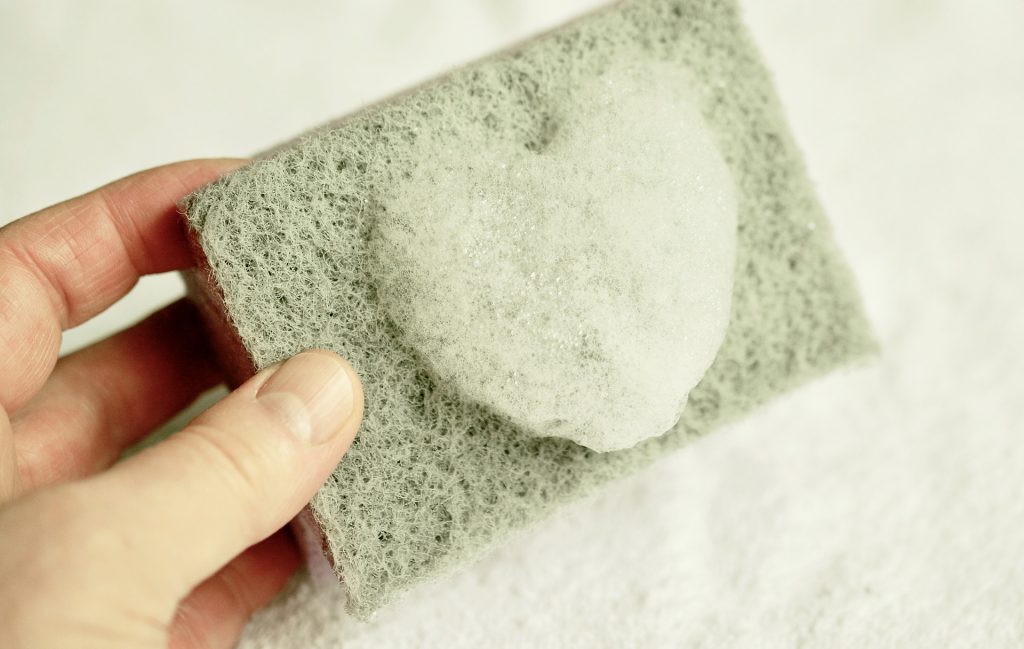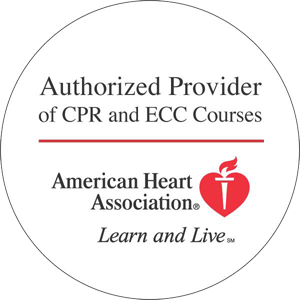
Spring is a time of renewal, a time to roll up your sleeves and clean out that cluttered garage or attic. Like your home, your health can be neglected and start to collect (metaphorical) dust. Spring is the perfect time to get your health back on track.
The American Heart Association offers some easy ways to spring clean your health, with the help of their health experts:
Clear out clutter
Spring cleaning can create peace of mind and keep you moving. Dig into closets, the garage, and the attic, and get rid of junk that’s been piling up. Clean baseboards. Wash windows, and let the sunshine in.
Sure, it may sound like plain old labor, but it can also be healthy. Remember, physical activity is not strictly defined as working out at a gym or running laps around a track. General house cleaning can burn up to 136 calories per hour. Moving heavy items and carrying boxes can increase that to 340 calories per hour, according to the website Calorie Lab.
“So, pump up the music and start cleaning out the closets. Add in a few dance moves to step up the fun,” said Teresa Kay-Aba Kennedy, a holistic health counselor, a Harvard Business School-trained strategist and an American Heart Association spokeswoman.
Besides helping with physical activity, clearing away clutter can remove “visual noise” from your daily life, Kennedy said.
Furthermore, your “junk” may have financial value, she noted. Donating household items to a charity not only helps others who need those pots and pans and clothes, but it brings the added benefit of a potential tax deduction. For guidance on charitable deductions, check with the IRS or your accountant.
Keep your food supply updated and healthy
Your kitchen may be due for some spring cleaning, too.
“One aspect of spring cleaning is to literally clear the cupboards,” Kennedy said. A kitchen filled with the wrong kinds of food can sabotage your healthy eating intentions. Kennedy advises keeping the refrigerator organized and throwing out leftovers after three days.
Then, as you restock, add more fruits, vegetables, whole grains and fish.
Experiment with spices to reduce salt intake while keeping your food tasty. Try to reduce your reliance on processed meals and snacks, and avoid added sugars in foods and beverages. With basketball’s March Madness upon us, marathon television watching and unhealthy snacking with friends could be in your future.
For healthier eating at these social events, consider taking something to the party that you can munch on without hurting your healthy eating plan. Think about bringing along some plantain chips instead of potato chips. Or hummus instead of sour cream-based dip.
Get outside
To manage stress and boost your mood, go outdoors and spruce up your yard or patio. Pulling weeds, lifting rocks, carrying pots, and pushing a wheelbarrow all increase your physical activity. Gardening uses several muscles and can help with flexibility and strength. Think about all those squats that tend to come with yard work. That’s exercise.
Creating a pleasant outdoor space can also help you find a “zone of peace” for sitting and reflecting, Kennedy said. Studies have indicated that regular interaction with the natural environment can result in a range of health benefits.
“Getting back to nature can help you connect with yourself and improve your overall sense of well-being,” she said.
Looking ahead
Along with contributing to your overall health, physical activity helps you get ready for the shorts and swimsuits of an upcoming spring or summer vacation. It also prepares you for the physical challenges of a special outdoor outing you may be planning.
Doctors recommend at least 30 minutes of moderate physical activity at least five days a week on average. That’s part of the American Heart Association’s “Life’s Simple 7,” specific behaviors and factors that have the biggest impact on heart health. In addition to getting active, the list includes eating better, losing weight, controlling cholesterol, managing blood pressure, reducing blood sugar and quitting smoking.
Keep in mind that physical activity can be as simple as taking a brisk walk, dancing, or taking the stairs instead of an elevator.
Maintaining your exercise momentum may come down to knowing the “motivating why,” Kennedy said. Then, the “how” to do it becomes easier.
Also make sure you’re eating right and getting plenty of sleep!
HeartCert CPR is your trusted training partner for First Aid and CPR in Minnesota. Find your CPR Class, PALS Class, BLS Class or ACLS Class at any of our Minnesota locations:
- HeartCert CPR Minneapolis
- HeartCert CPR St. Paul
- HeartCert CPR Burnsville
- HeartCert CPR Eden Prairie
- HeartCert CPR Richfield
- HeartCert CPR Woodbury
- HeartCert CPR Eagan
- HeartCert CPR Brooklyn Park
- HeartCert CPR Blaine
- HeartCert CPR St. Cloud
- HeartCert CPR Rochester
We also partner with Duluth, Mankato, Rochester, Appleton and Anchorage for select classes.





